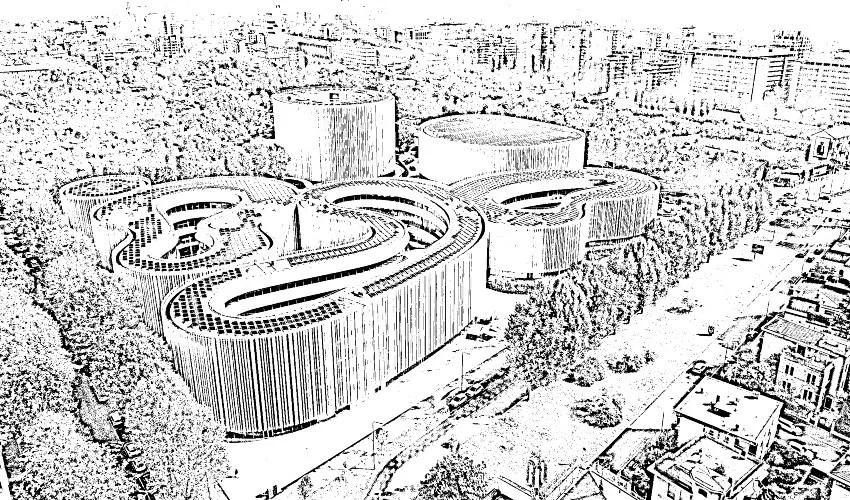
EEA ESEM 2022, Economists Meet Again
On 22-26 August, Milan and Bocconi are hosting more than 1,100 economists, in town to attend EEA-ESEM 2022, the annual congress of the European Economic Association and Econometric Society European Meeting.
"This is the first time since 2020 that an international economics congress of this size will return to be held in attendance," recalls Massimiliano Marcellino, Professor of Econometrics at Bocconi and Head of the local organization. This circumstance will finally allow international scholars to use the new venue at 10 Via Bocconi, as was intended back in 2020 when, due to the pandemic, the Econometric Society's World Congress had to be switched to virtual mode instead.
By a combination that is difficult to repeat, the congress will be held at Bocconi at a time when the two associations are headed by a Bocconi Professor (Guido Tabellini, President of the Econometric Society) and an alumna (Oriana Bandiera, Professor at the London School of Economics, a Bocconi graduate and President of the EEA).
Guido Imbens, 2021 Nobel Laureate in Economics, will deliver the opening lecture of a conference that will touch on all the most topical aspects of economics, finance and econometrics.
"The theme highlighted most strongly is, perhaps, women's participation in Economics and Women's Economics, with a number of dedicated sessions, including one organized by the EEA Women in Economics Committee," says Prof. Marcellino.
A Bocconi session, given by Victor Chernozhukov (MIT), will deal with the use of machine learning to identify cause-and-effect relationships in economics, thus underscoring the significance of the recent establishment of a Department of Computing Sciences at the University.
The past two years of suspension of international in-person events have especially penalized young economists. International conferences, in fact, are the means by which early-career scholars are able to network and engage with more experienced academics. The EEA, the Econometric Society and Bocconi – supported by the decisive contribution of the Romeo and Enrica Invernizzi Foundation – have therefore chosen to encourage the participation of PhD students and young assistant professors from all over the world, drastically reducing participation fees and offering travel grants to those from lower-income countries. The plan worked: well over half of the participants are young economists, 600 of them PhD students.